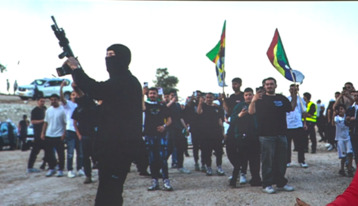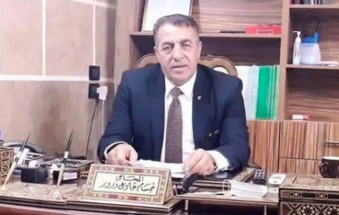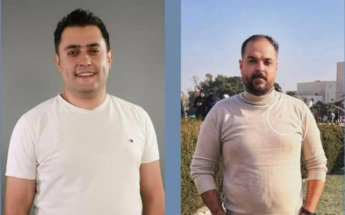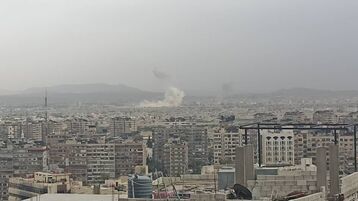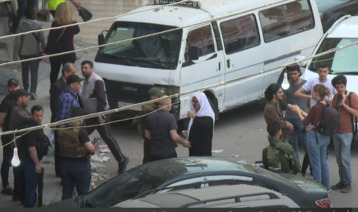-
Mexico to import AstraZeneca coronavirus vaccine from India: president
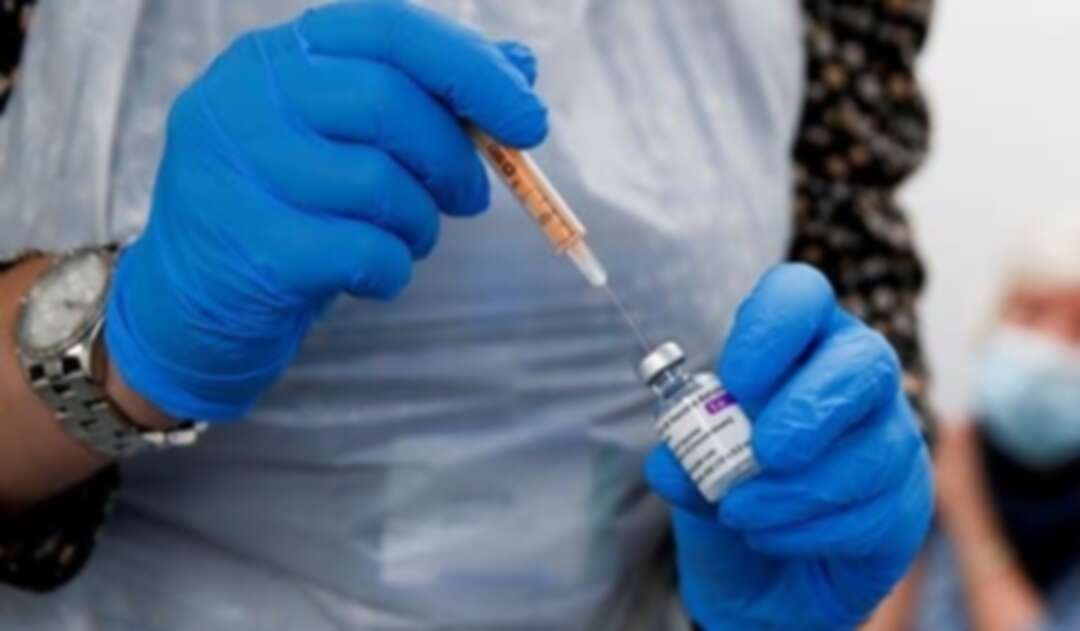
Mexico plans to import about 870,000 doses of AstraZeneca’s COVID-19 vaccine from India in February, as well as producing it locally, President Andres Manuel Lopez Obrador said on Friday.
Mexico and Argentina have a deal with AstraZeneca to produce its vaccine for distribution in Latin America, with financial support from the foundation of Mexican billionaire Carlos Slim.
“We are also getting AstraZeneca vaccines, apart from the agreement we have with them - these vaccines are being made here in Mexico - we will bring AstraZeneca from India,” Lopez Obrador said in a video broadcast on social media.
Meanwhile, deliveries of Pfizer’s COVID-19 vaccine to Mexico would “very probably” resume on February 10, Lopez Obrador said, after global delivery delays by the US company. Mexico was
expecting about 1.5 million doses from Pfizer, he noted.
Mexico is trying to secure as much vaccine supply as possible amid delivery delays and a surge in cases. Mexico’s death toll from COVID-19 was 156,579 on Friday.
Lopez Obrador, speaking publicly for the first time since revealing on Sunday he had COVID-19, said Mexico would also receive 870,000 doses of Russia’s Sputnik V vaccine in February.
Additionally, Lopez Obrador said 1.8 million vaccine doses would arrive next month through a UN-backed mechanism, an apparent reference to the global COVAX facility.
Mexico has secured enough vaccines to cover 20 percent of its 126 million people through COVAX, led by the GAVI vaccines alliance and the World Health Organization to promote equitable access.
Six million doses of the CanSino Biologics vaccine, which is due to share its clinical trial results soon, should arrive in Mexico in February, Lopez Obrador said.
It would also be “no problem” for Mexico to have 12 million doses of the Chinese vaccine in March, he added.
source: Reuters
Image source: Reuters
Levant
You May Also Like
Popular Posts
Caricature
BENEFIT Sponsors BuildHer...
- April 23, 2025
BENEFIT, the Kingdom’s innovator and leading company in Fintech and electronic financial transactions service, has sponsored the BuildHer CityHack 2025 Hackathon, a two-day event spearheaded by the College of Engineering and Technology at the Royal University for Women (RUW).
Aimed at secondary school students, the event brought together a distinguished group of academic professionals and technology experts to mentor and inspire young participants.
More than 100 high school students from across the Kingdom of Bahrain took part in the hackathon, which featured an intensive programme of training workshops and hands-on sessions. These activities were tailored to enhance participants’ critical thinking, collaborative problem-solving, and team-building capabilities, while also encouraging the development of practical and sustainable solutions to contemporary challenges using modern technological tools.
BENEFIT’s Chief Executive Mr. Abdulwahed AlJanahi, commented: “Our support for this educational hackathon reflects our long-term strategic vision to nurture the talents of emerging national youth and empower the next generation of accomplished female leaders in technology. By fostering creativity and innovation, we aim to contribute meaningfully to Bahrain’s comprehensive development goals and align with the aspirations outlined in the Kingdom’s Vision 2030—an ambition in which BENEFIT plays a central role.”
Professor Riyadh Yousif Hamzah, President of the Royal University for Women, commented: “This initiative reflects our commitment to advancing women in STEM fields. We're cultivating a generation of creative, solution-driven female leaders who will drive national development. Our partnership with BENEFIT exemplifies the powerful synergy between academia and private sector in supporting educational innovation.”
Hanan Abdulla Hasan, Senior Manager, PR & Communication at BENEFIT, said: “We are honoured to collaborate with RUW in supporting this remarkable technology-focused event. It highlights our commitment to social responsibility, and our ongoing efforts to enhance the digital and innovation capabilities of young Bahraini women and foster their ability to harness technological tools in the service of a smarter, more sustainable future.”
For his part, Dr. Humam ElAgha, Acting Dean of the College of Engineering and Technology at the University, said: “BuildHer CityHack 2025 embodies our hands-on approach to education. By tackling real-world problems through creative thinking and sustainable solutions, we're preparing women to thrive in the knowledge economy – a cornerstone of the University's vision.”
opinion
Report
ads
Newsletter
Subscribe to our mailing list to get the new updates!

